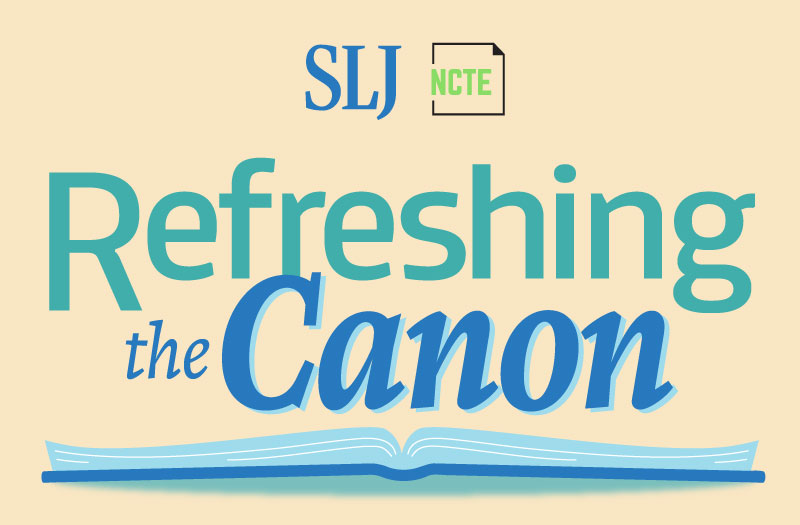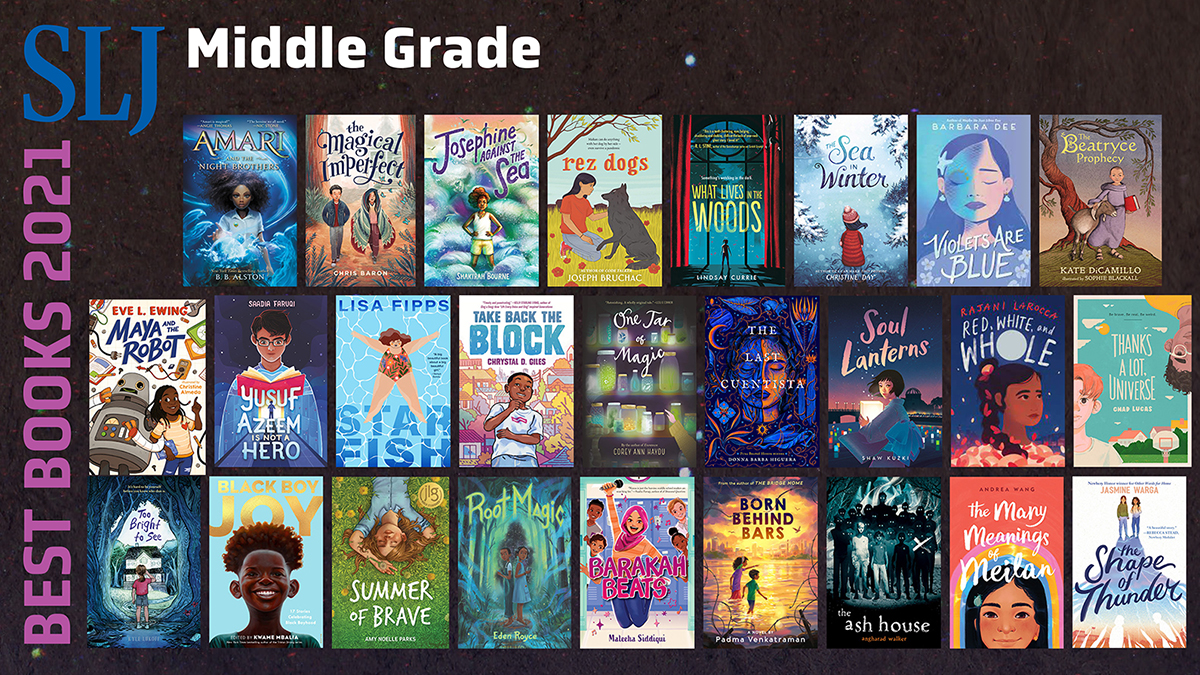Can we all just stop saying the Internet is free now?

Last week, Michael Rosenblum wrote a piece for the Huffington Post asking, “What’s a Library?” A library, I maintain, is the beating heart of a thriving community.
In this piece, Rosenblum maintains that we no longer need libraries because everyone has access to the Internet, and the Internet is free: “Why, when I can order up pretty much anything I want online, any time I want. Admittedly, the library is free (thank you Benjamin Franklin for that concept), but the web is also free (at least so far), and instant and much much easier to reference and find stuff than in the stacks (though less romantic, in a literary sense).” But here’s the thing, not everyone does have access to the Internet and the Internet is not free.
Free, but for equipment, access fees and paywalls – oh my!
In order to get on the Internet, you have to access to a device, whether it be a computer or a smart phone. I know it is hard for people in comfortable living positions to remember, but there are plenty of people who can barely buy food, so they aren’t really buying the equipment to get on line.
ADVERTISEMENT
ADVERTISEMENT
And then, even if you have bought the equipment, you have to be able to pay a service provider a monthly fee. There have been times in the past when I have not been able to pay this fee so even though I had a computer, which I used for writing resumes and computer games (which I checked out from the library), I didn’t have Internet access at home. If you are having to choose between food and housing or the Internet, most people will choose food and housing.
And finally, it is a misnomer to say that the Internet is free. The truth of the matter is, there are many parts of the Internet that are free, but there are many others that you have to pay some type of fee for. Many online reference tools and databases charge high fees, which are sometimes covered by libraries to help provide access. Some sites provide parts of their content for free and charge a fee for other parts. Many newspapers, magazines, and other important resources have some type of pay wall. In fact, even YouTube is now discussing having a paywall. So no, the Internet is not free and not everyone has access to it.
The Internet is not the answer to everything
And I know some people find this hard to believe, but the Internet is not the answer to everything. Anyone can produce content and put it online and it is vetted by no one. This is what we like to call “authority”. Just because it is on the Internet does not mean it is concise and accurate information, you have to learn how to examine the authority of the source and determine its relevancy and accuracy. This is why we still need libraries, and librarians. Part of what we do is try and help information seekers learn how to do this.
As for everything being on the Internet, also a falsehood. In order for something to be on there, someone has to put it on there, and they usually have either a financial motivation or personal interest in doing so. I blog about being a librarian because I am interested in sharing my thoughts and experiences with my fellow librarians and my book reviews with anyone who is interested in reading books. For every thought I blog about there are 1,000s more that I don’t, because creating web content takes time, resources and money. So no, not everything is available online because there are many things that people haven’t yet put that time, resources and money into.
We like to think that the Internet is quick and easy to use, but the truth is that it can be time consuming to wade through the thousands of hits that are returned for our searches to find the answers we seek and from a reputable source. Sometimes it is quicker to look in a book.
I keep hearing people ring the death knell for libraries, but it doesn’t reflect the reality of my life at work every day. During the course of a day I like to walk through my library and count how many people are in the building. We are a smaller, one room branch, one floor. Probably the size of a bigger house. There are times when I walk through and there are 80 to a 100 people in our building. They come because they don’t have access to the Internet at home and they need to use our computers – or our wifi – to apply for jobs, print off work paystubs, type of papers, and more. They are there doing research in our book stacks and checking out books to read. They are there because they don’t have the money that they would need to purchase all these items for themselves and the library helps them bridge the gap. The library is most people’s tool for education and career success. It helps us think and learn and grow to be better citizens and people.
Rosenblum says: “Well, there you have it. Another 3,000 year old institution killed by the web.” While it is true that libraries are changing, we are by no means dead. And for many people struggling to make ends meet and to find ways to improve their lives, the library is their lifeline.
Filed under: Advocacy, Day in the Life of a Library, Huffington Post, Michael Rosenblum, What's a Library
About Karen Jensen, MLS
Karen Jensen has been a Teen Services Librarian for almost 30 years. She created TLT in 2011 and is the co-editor of The Whole Library Handbook: Teen Services with Heather Booth (ALA Editions, 2014).
ADVERTISEMENT
ADVERTISEMENT
SLJ Blog Network
Happy Poem in Your Pocket Day!
This Q&A is Going Exactly As Planned: A Talk with Tao Nyeu About Her Latest Book
More Geronimo Stilton Graphic Novels Coming from Papercutz | News
Parsing Religion in Public Schools
ADVERTISEMENT








This comment has been removed by a blog administrator.
I always laugh when people say libraries are dead – our circulation keeps going up, and we don't check out any computers. I'm not going to start looking for a new job just yet.
Spam
I have always used libraries as a great source of local info (as well as for reading). Have used the internet since before google – yes that long ago, funnily enough now that google and just about every other popular site is flooded with ads seems to me it is quicker to pop down to the local library and find what you want than it is to scour through pages and pages of rubbish. Long live the local library.